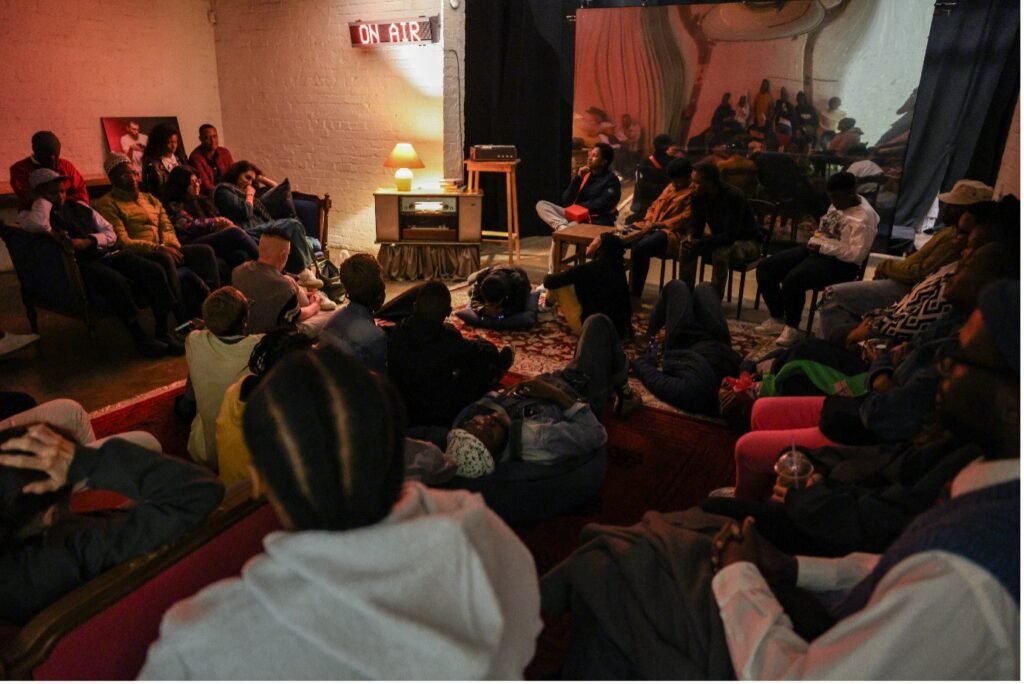Berlin is probably the German-speaking city with the most performing artists and theatre festivals in Europe. Unlike their pompous siblings in Bayreuth (Richard Wagner Opera Festival) and in Salzburg (Salzburg Festival), Austria, where the rich European elites meet in the summer and tickets are not affordable for ordinary people, Berlin festivals are more easily accessible to people of all classes, genders, and ethnic, cultural, and social backgrounds. This should not surprise anyone, because Berlin is a melting pot of literary, theatre, music, and arts talents from all over the world. It was in Berlin that the new critical discourses in the German cultural landscape were first negotiated, which are still missing in festivals beyond Berlin. Since the mid-1990s, the capital has been the place where important actors of the cultural, science, and political fields regularly come together and negotiate main discourses as well as their future relevance and impact, starting with the 1995 United Nations Climate Conference in Berlin. In 1999, the whole German government was moved from the former capital Bonn to the new political capital in Berlin, and the KfW Development Bank began inviting all major players of culture, science, media, and business of the so called “Berlin Republic” to its Fachgespräche zur Globalisierung (Expert Talks on Globalization). Political and other foundations started their cooperations with cultural and science institutions, many festivals started at this time, and a completely new infrastructure of exchange and discourse emerged in Berlin.
A completely new humus has emerged and been deposited over the old ideological layers of the once divided city. The discourse has given Berlin a new, friendly, creative face.
If you look at it honestly, Berlin has become the European discourse capital in the last ten to fifteen years. Largely due to the influx of international people, a completely new humus has emerged and been deposited over the old ideological layers of the once divided city. The discourse has given Berlin a new, friendly, creative face.
The months of May to August in Berlin are filled with festivals of all kinds. The Berlin Theatertreffen kicks off across the city in May, followed by the Festival of New Drama (att) at the Deutsches Theater in June, and later come the small and large summer festivals in the parks. Finally the summer ends with the “Dance in August” Festival, a meeting of the best new international dance companies and their role models with new choreographies every night.
Theatertreffen is the most important theatre festival in the German-speaking world. It happens every May, and it is to the German-speaking theatre world what Festival d’Avignon is to international theatremakers.
A team of seven jurors, all of them renowned theatre critics and journalists, looked at 690 new theatre productions in the 2023/24 season and made a shortlist of the 46 most interesting productions. In a further selection round, the jurors then decided on the top ten best productions, which are all shown several times to all the spectators, including theatre people, and international guests who take these impressions back to their home countries. Tickets for all productions are readily available in advance. Unfortunately, there is still some inaccessibility: seats for wheelchair users are rather rare in Berlin. Berlin theatres are simply lagging behind European access standards used in Scandinavian countries, France, and the United Kingdom, and this kind of inclusion still doesn’t happen in most German theatres.


